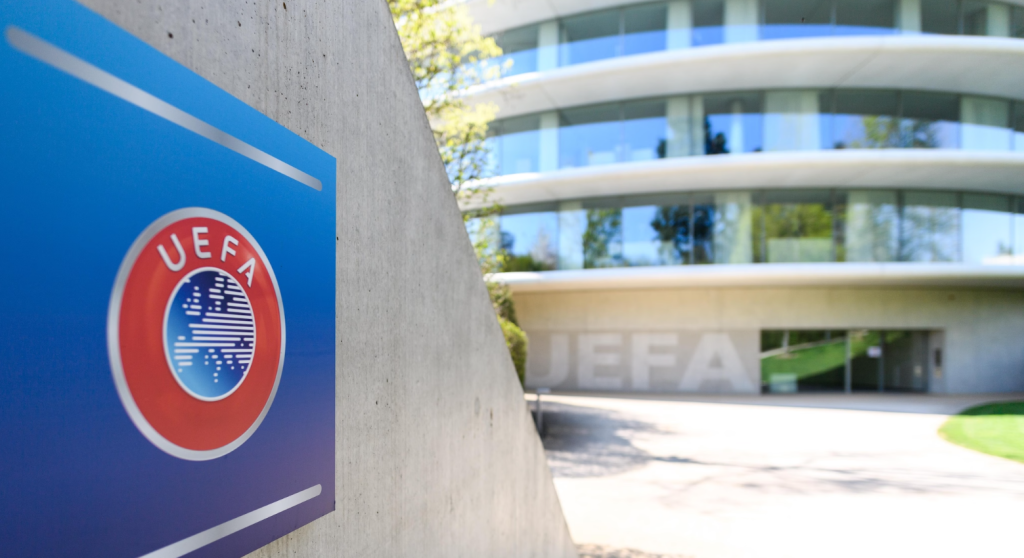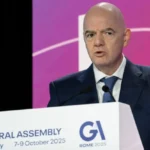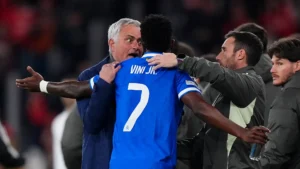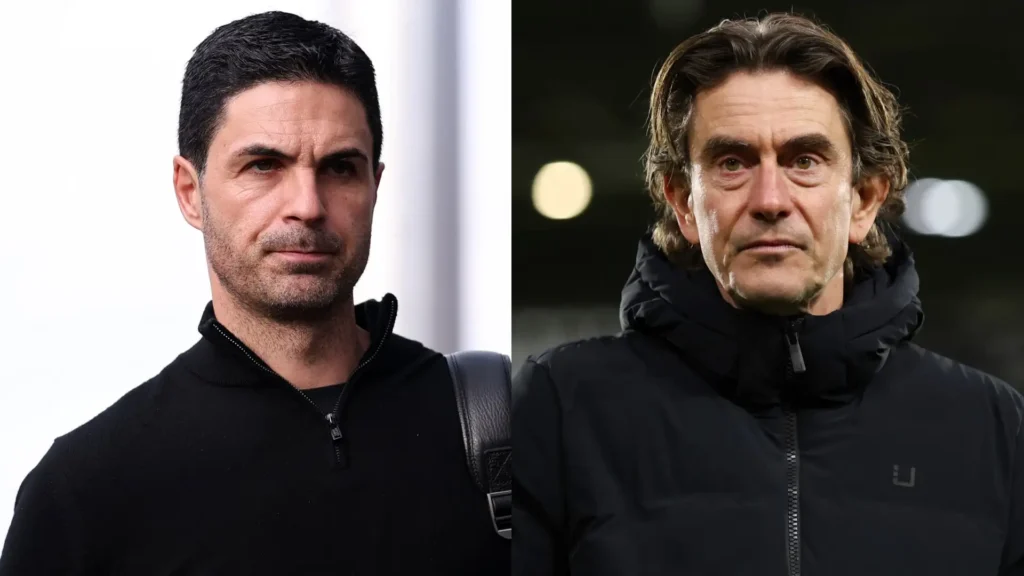A Spanish judge has ordered FIFA and UEFA to stop opposing the European Super League (ESL), ruling that their actions constituted anticompetitive behavior and abuse of their dominant position. Judge Sofia Gil Garcia stated that the governing bodies violated European Union law by preventing clubs from joining the proposed new professional soccer league.
The case was brought by A22 Sports Management, the company behind the ESL, against the Spanish Soccer Federation, LaLiga, UEFA, and FIFA. The ruling demands that FIFA and UEFA immediately reverse any anticompetitive actions they have taken.
🗣️ Super League promoters A22 say the “era of UEFA/FIFA monopoly is over.”
UEFA counter saying they’re “pleased” the judge confirmed the validity of their pre-authorisation rules. “The court hasn’t given the green light to, nor has it approved, projects like the Super League.” https://t.co/bufeuXEqLe pic.twitter.com/hK2ZsUMkIc
— Ben Jacobs (@JacobsBen) May 27, 2024
Bernd Reichart, CEO of A22, hailed the ruling as a significant step towards creating a competitive and sustainable club football landscape in Europe, asserting that “the era of the monopoly is now definitively over.” Reichart criticized UEFA for stifling innovation and claimed that clubs should not fear sanctions for exploring new ideas.
This decision follows a similar ruling by the European Court of Justice (ECJ) in December. Both LaLiga and UEFA maintained that the judgment did not explicitly support the creation of the Super League. UEFA stated, “The judgment does not give third parties the right to develop competitions without authorization and does not concern any future project or indeed any modified version of an existing project.”
The ESL proposal, launched in April 2021 by 12 of Europe’s top clubs, faced widespread protests from fans and threats of sanctions by UEFA, causing nine of the clubs to withdraw within 48 hours. Real Madrid, Barcelona, Juventus, and other clubs argued that UEFA and FIFA’s monopolistic position breached EU Competition and Free Movement Law. Although the ECJ ruled against UEFA and FIFA, it did not specifically address whether the ESL could proceed.
The controversy surrounding the ESL proposal highlighted the tensions between football’s traditional governing bodies and the elite clubs seeking greater control and financial returns from the sport.



 FIFA: USA government to determine World Championship city safety
FIFA: USA government to determine World Championship city safety  UEFA president says Cristiano Ronaldo is ‘one of the three best players in history’
UEFA president says Cristiano Ronaldo is ‘one of the three best players in history’ 










